Sami Gazzah
Multimodal Biometric Authentication Using Choquet Integral and Genetic Algorithm
Mar 27, 2018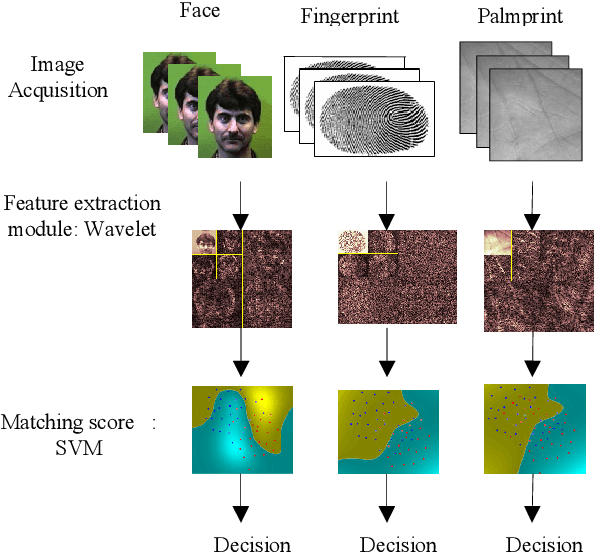

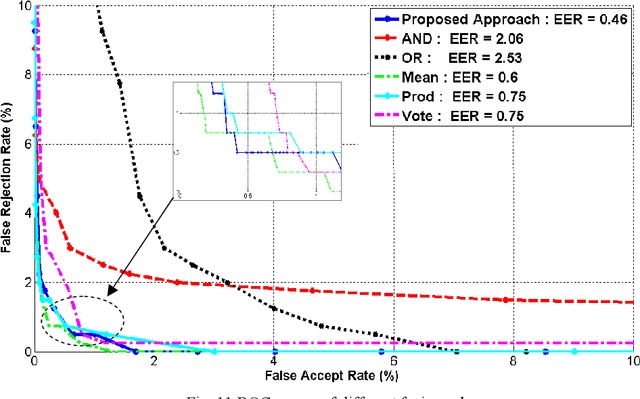
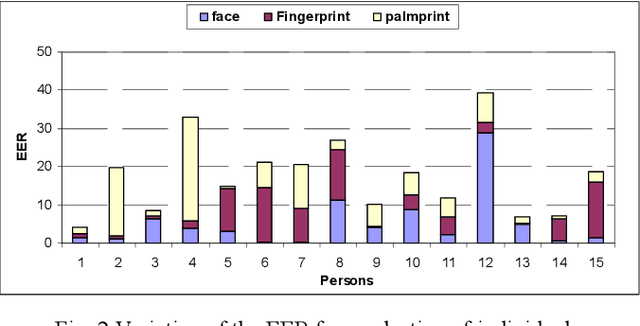
Abstract:The Choquet integral is a tool for the information fusion that is very effective in the case where fuzzy measures associated with it are well chosen. In this paper,we propose a new approach for calculating fuzzy measures associated with the Choquet integral in a context of data fusion in multimodal biometrics. The proposed approach is based on genetic algorithms. It has been validated in two databases: the first base is relative to synthetic scores and the second one is biometrically relating to the face, fingerprintand palmprint. The results achieved attest the robustness of the proposed approach.
SMC Faster R-CNN: Toward a scene-specialized multi-object detector
Jun 30, 2017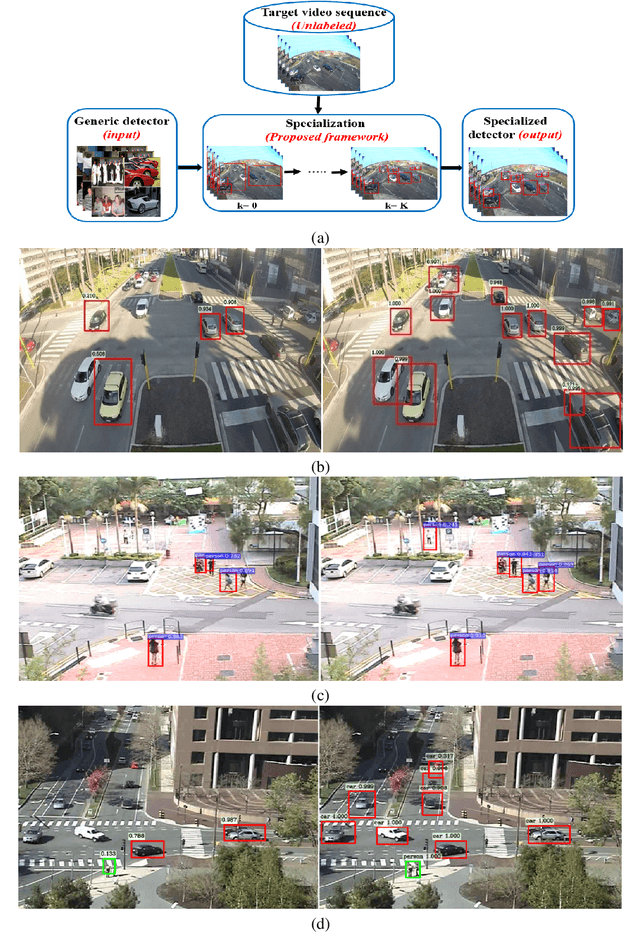

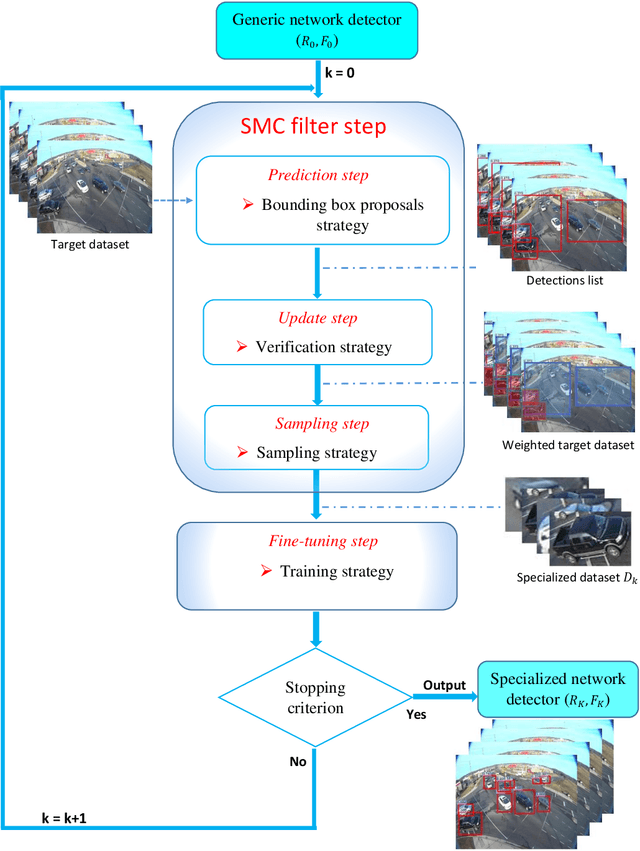
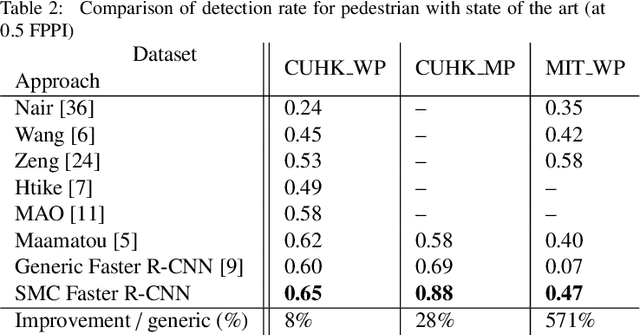
Abstract:Generally, the performance of a generic detector decreases significantly when it is tested on a specific scene due to the large variation between the source training dataset and the samples from the target scene. To solve this problem, we propose a new formalism of transfer learning based on the theory of a Sequential Monte Carlo (SMC) filter to automatically specialize a scene-specific Faster R-CNN detector. The suggested framework uses different strategies based on the SMC filter steps to approximate iteratively the target distribution as a set of samples in order to specialize the Faster R-CNN detector towards a target scene. Moreover, we put forward a likelihood function that combines spatio-temporal information extracted from the target video sequence and the confidence-score given by the output layer of the Faster R-CNN, to favor the selection of target samples associated with the right label. The effectiveness of the suggested framework is demonstrated through experiments on several public traffic datasets. Compared with the state-of-the-art specialization frameworks, the proposed framework presents encouraging results for both single and multi-traffic object detections.
 Add to Chrome
Add to Chrome Add to Firefox
Add to Firefox Add to Edge
Add to Edge